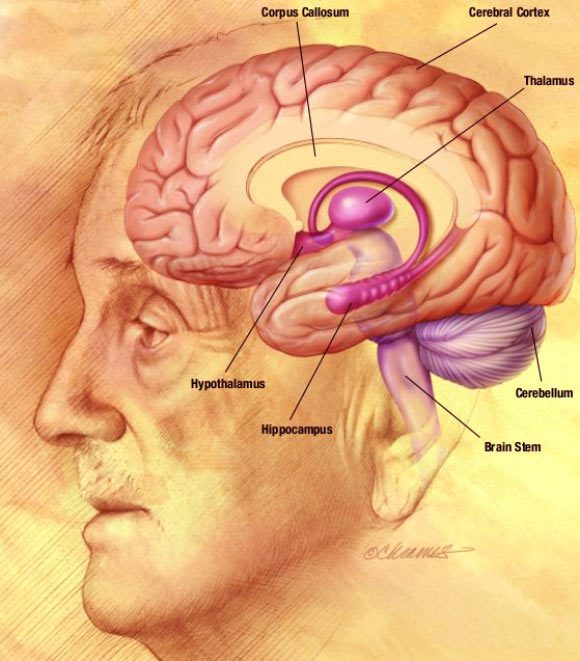- Identity: The baptism of the Lord is an epiphany moment. It reveals the identity of Jesus “this is my Son in whom I’m well pleased.” Because we have been “Christened” our identity is clear. We are invited into the inner life of God. The baptism of Jesus tells us who Jesus is and who we are.
- Solidarity of God with us: Jesus joined a long line of sinful humanity at the river Jordan. He wanted to journey with us in our brokenness, dysfunction, and frailty to assure us of His presence.
- Mission to the vulnerable: Because we have been anointed in baptism, we are empowered and sent by the Holy Spirit to be Christ’s hands for those who are struggling and vulnerable. “A bruised reed he will not break, and a dimly burning wick he will not quench” (first reading).
- On genetic ancestry tests:
- On indigenous identity and belonging https://contexts.org/articles/feature-article-indigenous-identity-being-and-belonging/,
- On the accuracy of DNA tests https://www.scientificamerican.com/article/how-accurate-are-online-dna-tests/
Summary of articles: Millions of DNA testing kits are sold, often with the promise of telling customers who and what they are. Genetic sequences derived from blood, saliva, hair, or bones combined with certain algorithms are used to determine ancestry and identity. Contrary to prevailing thought, however, ancestry is not synonymous with identity. There are “qualitative distinctions between what you are and who you are.” Identity is more than biology, and must be rooted in culture, kinship, and community.
- Do genetic ancestry tests increase racial essentialism?
Summary of article: Essentialism is a view that certain categories of people and even things have an “essential” nature even if one cannot observe it directly. This article examines to what extent ancestry tests contribute to prejudicial views of different races of having their own “essentialist” characteristics.
- Essentialism in everyday thought
- https://www.apa.org/science/about/psa/2005/05/gelman
Summary of article This article provides a general introduction to essentialism from a psychological perspective.
- When Chance Encounters at the Water Cooler Are Most Useful
Summary of article – Numerous recent studies by Management Science Researchers have found that companies and institutions that totally embraced remote working during the pandemic experienced more delays in developing new innovations than those that maintained some level of in-office work. Social scientists conclude that it is important for people to meet in person, especially in the early stages of projects.
The second scientific resource could be used as a link to the bodily presence of Jesus at the beginning of his public ministry. How He chose to be in physical solidarity with those seeking forgiveness of sin, and how Jesus found collaborators from this encounter (John 1:35).
Homily Outline Combining Resources
Homily outline
- There is an important link between today’s feast of the Baptism of the Lord, and last week’s Feast of the Epiphany. The gospel readings for both feasts are manifestation stories; they reveal the Identity of Jesus “this is my beloved Son.” This Feast, which closes the Christmas season and opens ordinary time, also reminds us of our identity “because Christ in his overflowing love willed to share His relationship to His Father with us” (Homiletic Directory, 137). That’s why all here, no matter what our DNA, can say together “Our Father.” There is no minimum blood quantum or other biological criteria.
- Beyond biology, membership in Christ’s family has no admittance criteria of culture or kinship. “For whoever does the will of my heavenly Father is my brother, and sister, and mother” (Matthew 12:50). The teaching and actions of Jesus reveal the universality of his invitation. From the outset, He upsets His own clan at Nazareth with His talk of the widow at Zarephath and the Syrian Naaman (Luke 4:26). He cures Syrophoenicians, praises Roman soldiers, and tells stories where Samaritans are heroes.
- Peter baptizing a household of non-Jewish heritage (a first in the Gospels) states “I see that God shows no partiality. Rather, in every nation whoever fears him and acts uprightly is acceptable to him” (2nd reading).
- Jesus started his public ministry in solidarity with sinners at the river Jordan. Later we see that He ate with sinners, told stories of lost sheep and the prodigal sons, and was even crucified between criminals. It is in this moment of intense solidarity with sinners that this immense trinitarian epiphany takes place (Homiletic directory, 133)
- Our lives don’t need to be in order for Christ to come close. He said, “I did not come for the healthy but the sick.” Jesus is not into social distancing or worried about being infected from us; he hopes we’ll catch something from Him and become infused by His love.
- The Spirit poured out on Jesus at His Baptism has been poured out on us. This is the “essentialist” nature of the Christian vocation – living in Jesus’ spirit of Love. Living out our identity is not something stagnant, it is something purposeful and active. We too share in Jesus’ ministry – we have been anointed; we have a Divine commissioning for the building of the kingdom. This is our identity; we are sealed “with the indelible spiritual mark of belonging to Christ” (Catechism of the Catholic Church, 1272), which is why we can only be baptized once. The Holy Spirit is a great enabler so that we can play our part in the mission and leave our mark.
- Jesus’ baptism signaled a new divine initiative to draw all people into the kingdom of God. Matthew’s gospel ends with the great commission to invite all people into the life of the Trinity. “Baptize them in the name of the Father, the Son and the Holy Spirit” (28:19). This divine life is way beyond earthly biology, culture, or kinship. Its essential characteristic is revealed in our living out this vocation.
“For the Son of God became man that we might become God” St. Athanasius
Related Homily Outlines
Couldn’t find what you’re looking for?
Try searching with another filter

Preaching with Sciences

Edward Foley, Capuchin
Duns Scotus Professor Emeritus of Spirituality
Professor of Liturgy and Music (retired)
Catholic Theological Union
Vice-Postulator, Cause of Blessed Solanus








